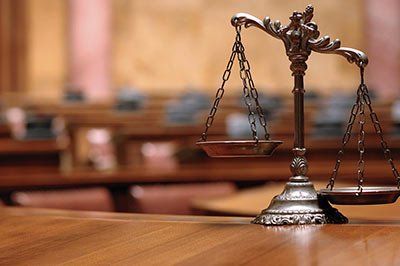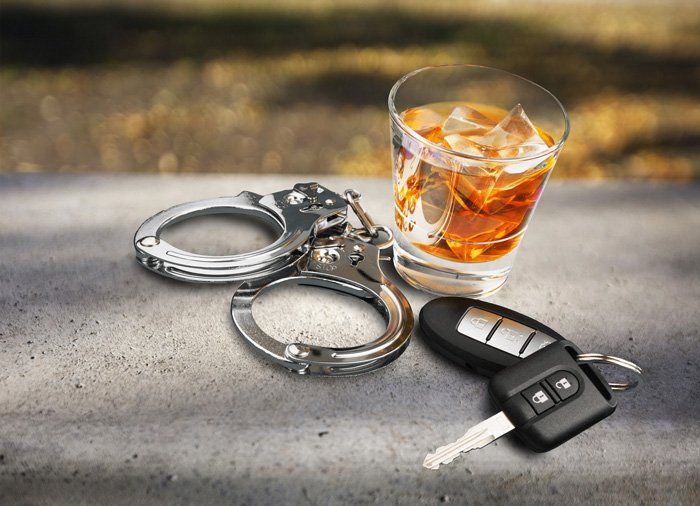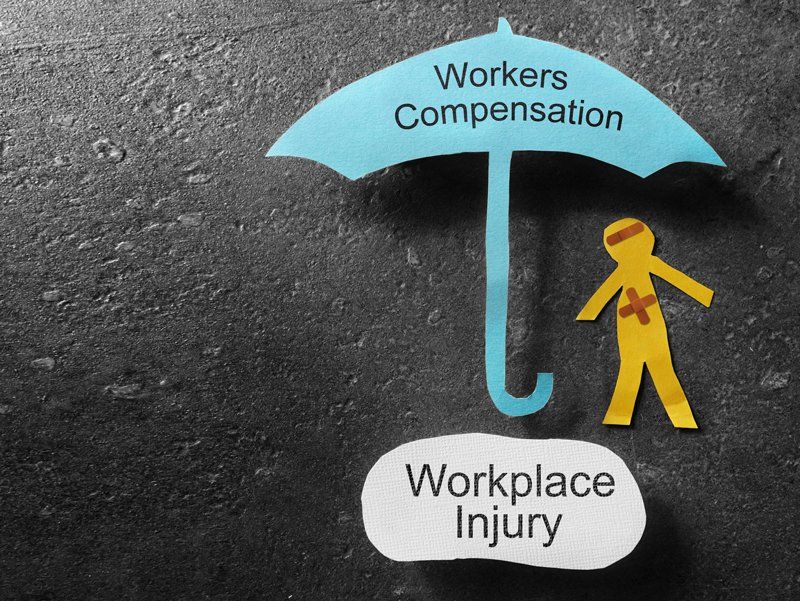Common Adjuster Tactics That Protect the Insurance Company's Interests
- By Dodson Robert Atty
- •
- 02 Nov, 2017
- •

Approximately 2.35 million Americans are injured each year in automotive collisions. In addition, more than 35, 000 are killed in auto accidents. Given the number of crash-related injuries and deaths that occur on U.S. roadways each year, you are likely to become an auto accident victim at some point in your life.
In many cases, there is no way for an accident victim to avoid a pending collision. Nevertheless, even if the fault is assigned to the other driver, the victim may still find that the insurance company of the negligent driver is reluctant to pay for damages.
Insurance providers often use the same tactics to discredit an injury claim. Here are few actions that insurance representatives are likely to take after an auto accident to protect their interests.
Interrogating the Victim
Many insurers send an adjuster to question the injured victim soon after an auto accident. The adjuster is skilled at asking leading questions that invite a response that will not work in the victim's favor.
Small inquiries about how the victim is feeling may elicit simple answers that will be used to suggest that the victim's injuries are minor. In addition, answers to questions about the victim's actions immediately before the accident may be used to show that the accident victim was too tired to drive or was even intoxicated before taking the wheel.
Regardless of the friendly tone of an interrogating adjuster, an accident victim should be aware that the adjuster is not in the victim's corner. Every answer provided will be scrutinized for information that can invalidate the victim's claim.
Recording a Statement
Many victims may feel obligated to provide a recorded statement at the adjuster's request. However, there is no requirement for a victim to offer such a statement. Recordings displaying the victim's own words and voice are difficult to refute. Instead of complying with a request for a recorded statement, the accident victim should decline and consult an attorney.
Offering an Upfront Payment for Accident-Related Bills
When an adjuster realizes that a victim's case may incur a large settlement, the insurance representative may offer to compensate the victim for the accident-related bills. The adjuster knows that the victim may be unaware of the true amount of compensation that should be paid.
By paying some of the victim's expenses and giving the victim a small payment for their troubles, the adjuster is saving the insurance company thousands of dollars. In addition, once the accident victim accepts compensation, the victim may forfeit the right to any additional payouts. The insurance adjuster's offer may become the victim's full settlement.
Arguing the Fair Compensation of the Victim's Case
Many adjusters offer excuses to support lower compensation for accident victims. Here are a few reasons that adjusters may cite for their low settlement offers:
- The victim's vehicle is unsafe. Adjusters may argue that the condition of the victim's vehicle contributed to the accident.
- The victim's health was a factor in the accident. As the adjuster reviews the victim's medical history, they will look for indications that the victim may have suffered a health-related episode, such as a stroke or seizure, and caused the accident.
- The victim's memory is foggy. The adjuster will question the victim's recollection of how the accident occurred, making the rendition seem unbelievable.
- The collision was due to a third driver's error. The adjuster knows that the insurer of the negligent driver is responsible for covering the accident-related damages. As a result, the adjuster may try to assign blame to another driver.
Accident victims need the help of an experienced legal expert to deal with insurance adjusters. If you have been injured in an automotive accident, contact the Law Offices of Robert Dodson, P.A. to schedule a consultation.
In the case of a work-related fatality, an employee's dependents are entitled to death benefits. See an overview of death benefits in South Carolina.
Did you lose a loved one due to someone's negligence? Discover two types of lawsuits you can file:wrongful death or survival cause of action.
If your life has changed due to the carelessness of a drunk driver, you are not alone. Read on to learn more about the costs of drunk driving.
South Carolina has a system in place to help those who have work-related injuries. See this brief guide to the state's workers' compensation program.






